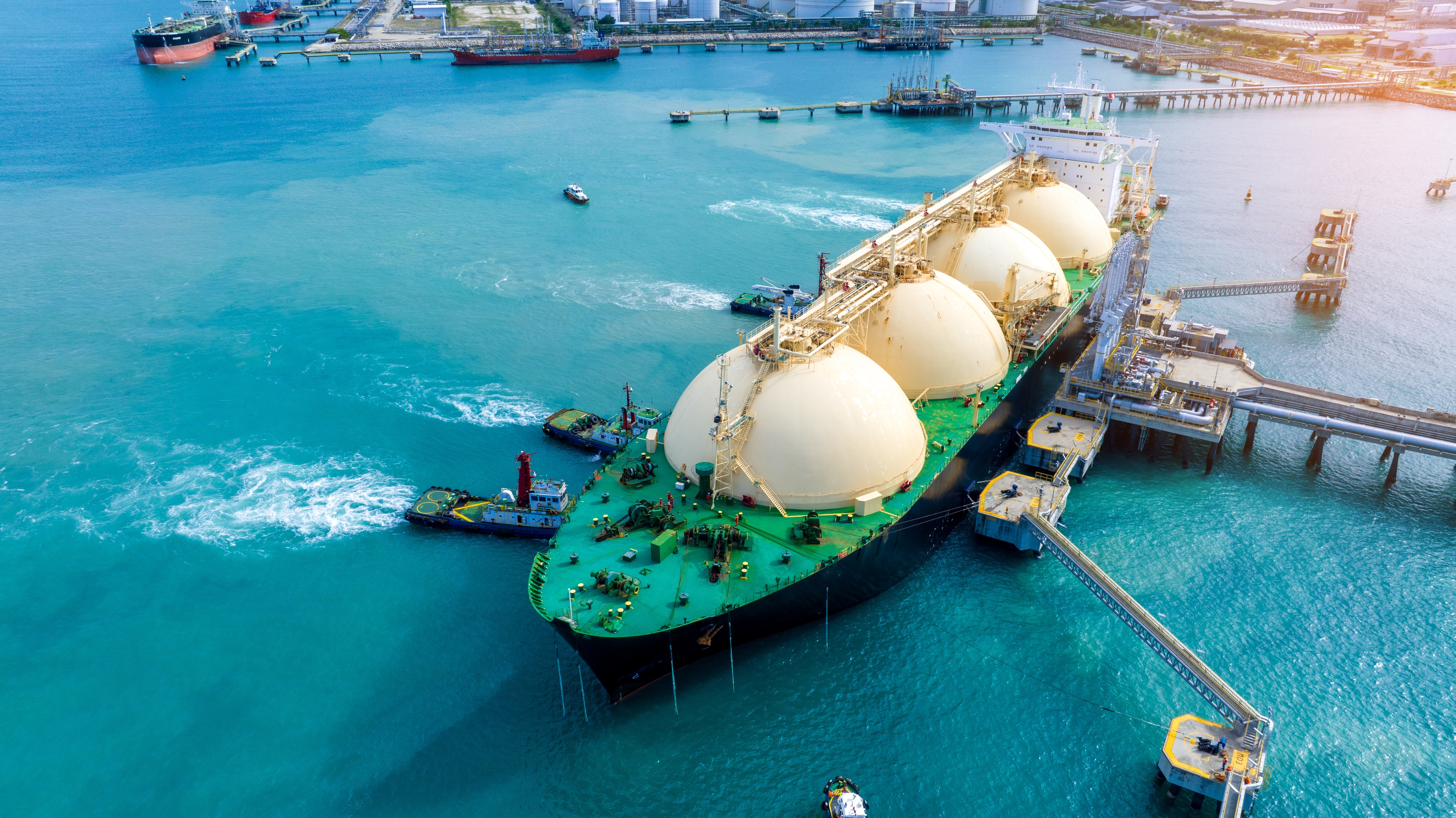The Ksi Lisims LNG project faces significant infrastructure, regulatory and financial risks

The broader Canadian LNG sector faces strategic challenges
Key Takeaways:
The Ksi Lisims LNG project faces significant infrastructure, regulatory, political, and financial risks.
An impending global LNG supply glut, weak demand growth, uncertain domestic gas prices and inflationary trade actions compound the challenges.
The Canadian LNG industry currently enjoys abundant, relatively low-cost natural gas, but domestic market dynamics are changing.
One of Western Canada’s competitive advantages—its closer location to key Asian markets—may be insufficient to ensure long-term project competitiveness.
The Ksi Lisims liquefied natural gas (LNG) project in Western Canada faces significant infrastructure, regulatory, and financial risks on the local level. Compounding these risks is an impending global LNG supply glut, weak demand growth, and inflationary trade actions, according to the latest report from the Institute for Energy Economics and Financial Analysis (IEEFA).
The combination of key infrastructure challenges, inflation and the potential for delays and cost overruns make it highly unlikely that the project can be delivered within the budget initially put forward by advocates. Key hurdles faced by the Ksi Lisims project include:
- The absence of a secured pipeline to transport feed gas to the terminal;
- The need to electrify the project, to achieve plans for low-emission LNG and to comply with provincial regulations; and
- The ability of British Columbia Hydro to supply the terminal electricity within required timelines.
“Stakeholders in an LNG project collectively bear the projects risks but often face disproportionate and sometimes divergent financial, environmental and social outcomes,” said Mark Kalegha, IEEFA energy finance analyst and author of the report. “For members of the public, potential short- to medium-term economic gains must be weighed against long-term risks to affordability, environmental quality and economic stability.”
Although project developers praise its potential economic benefits, the viability of the Ksi Lisims project depends on its ability to overcome cost pressures, secure firm purchase commitments and navigate a highly competitive global LNG market amid uncertainties about demand trends. At this point, both the project and Canada’s broader LNG ambitions remain vulnerable to formidable headwinds.













